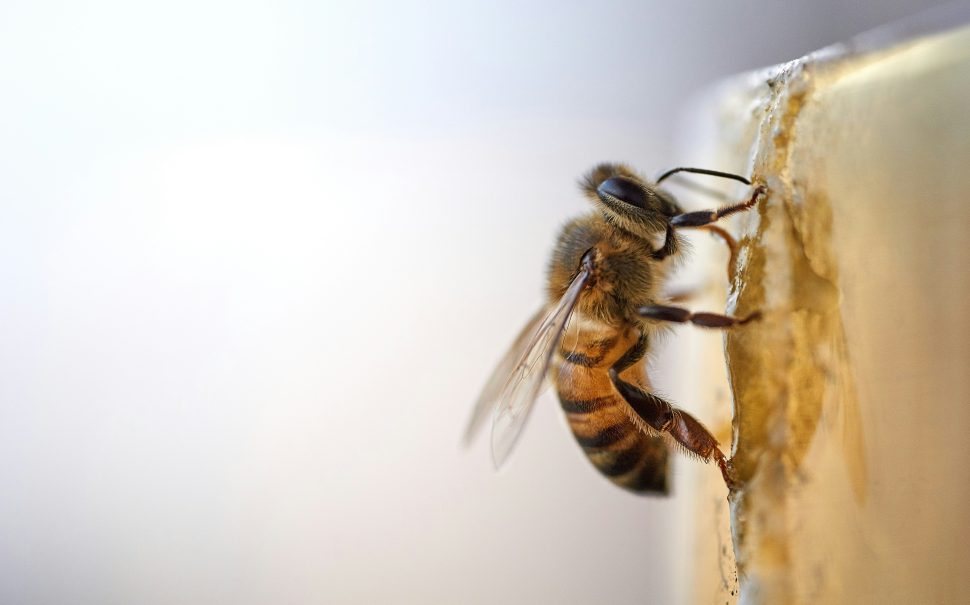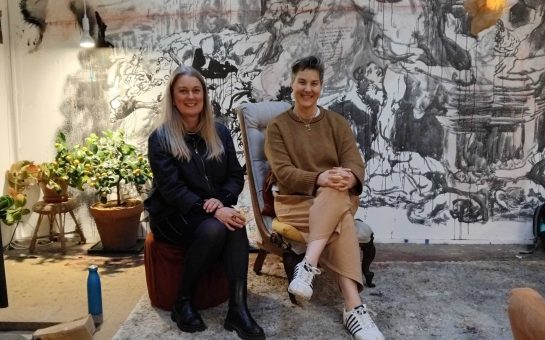People often think the best thing they can do for bee conservation is to become an urban beekeeper but experts say this isn’t necessarily the truth.
World Bee Day is celebrated each year on the 20 May commemorating the baptism of Anton Janša, a Carniolan beekeeping pioneer from the 18th century.
One third of the world’s food production relies on bees according to the Food and Agriculture Organization (FAO) of the United Nations and, according to Friends of The Earth, 35 UK bee species are under threat of extinction.
Sarah Wyndham Lewis, co-founder Bermondsey Street Bees, and author of Planting for Honeybees and The Wild Bee Handbook said: “There are 25,000 species of bee on this planet and seven of those are honey bees and really only one of those honey bees is the honey bee that’s been taken all over the world by humans to pollinate crops.
“When you dump a load of honeybees in the environment, you risk putting enormous pressure on the native bees, the wild bees in that area.
“So basically people are so wedded to the honey bee and the lovely honey that it produces and people aren’t looking at it in a global ecological context, beekeeping need to be very sensitively undertaken, and beekeepers need to educate themselves far more about the impact, negative and positive that they can have on the environment.”
She added: “World Bee Day is specifically a celebration of all of those 25,000 Bees by the United Nations.
“It’s not just about honeybees.”
Wyndham Lewis says the best thing you can do to help bees is planting or getting involved in planting charities as this will help all bees not just honey bees.
She said: “If somebody says something utterly nonsensical to you like honeybees are going extinct, if you actually know that they’re not, and the problem is something quite different, you are a powerful force.
“You can say actually that’s not true.
“The truth of what we need to be thinking about is those wild bees that really risk extinction and we need to view honeybees for what they are, which is a kept farmed animal.”
In 2014, London had 4,218 registered hives belonging to around 1,400 Beekeepers according to London Beekeepers Association.
Wyndham Lewis said: “In the past, it just felt like a really virtuous act to get a beehive.
“There have never been more honey bees on Earth, they are not going extinct. There are farmed species just like cattle or sheep.
“Now, you wouldn’t just wake up one morning and say I fancy keeping some cattle or some sheep.
“So why would you wake up one morning and say I fancy keeping some bees without knowing a whole lot more about them and the effect that they will have on the environment around them.”
Alison Benjamin who co-founded Urban Bees said there were things ordinary Londoners could do for bee conservation.
“It’s all about planting flowers, trees and shrubs that bloom sequentially to feed wild solitary bees and bumblebees throughout early spring and late autumn.
“And garden with bees in mind – so leave areas untidy, don’t spray roses or anything else as bug sprays are toxic for bees too.
“Even if you only have a window box or patio pots you can plant for bees. Lots of garden centres have plants with bee-friendly labels. Don’t keep honeybees.”
She said: “Don’t keep them to save bees or improve biodiversity. They don’t, in the same way you’d keep chickens for eggs not to save wild birds.”
Put down the beekeeping gloves because planting pollinator friendly plants is the best way to celebrate World Bee Day this year on the 20 May.





